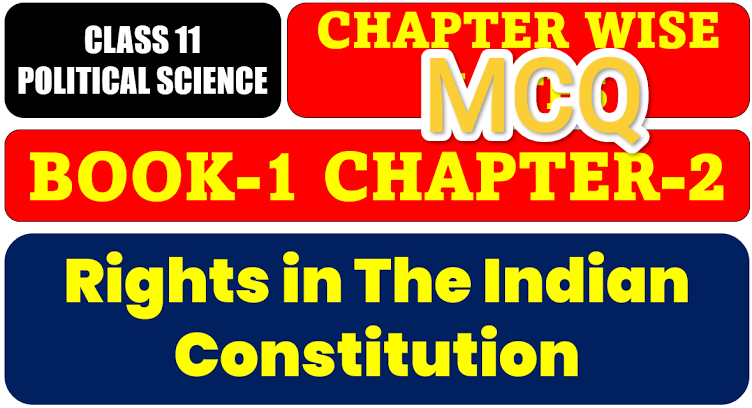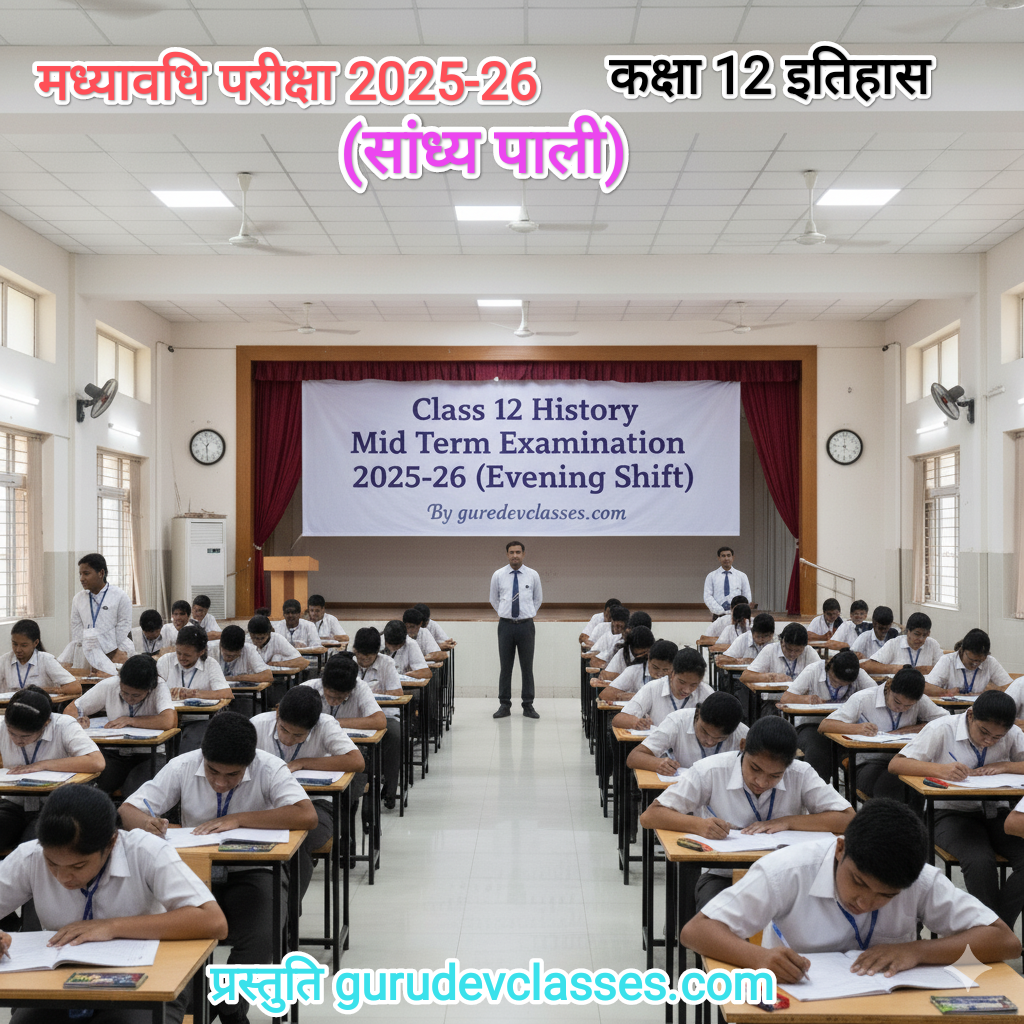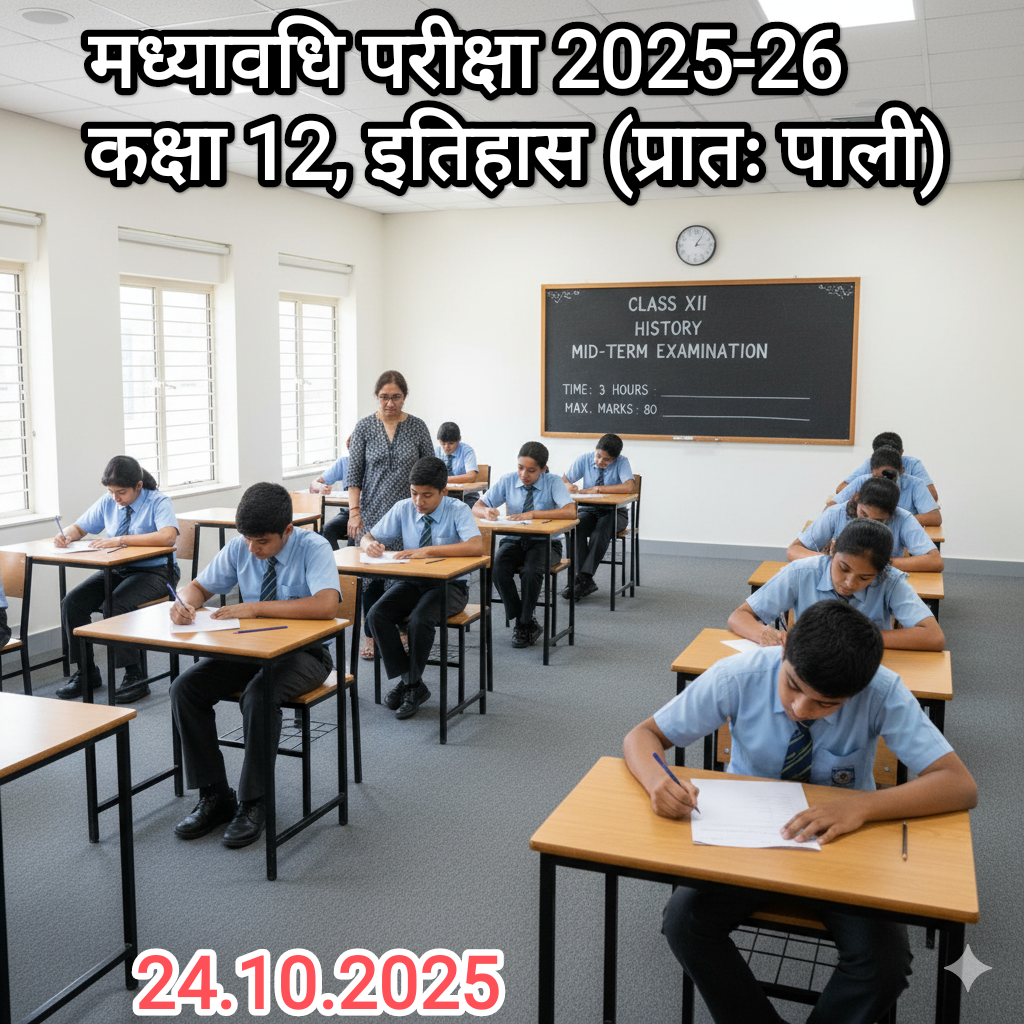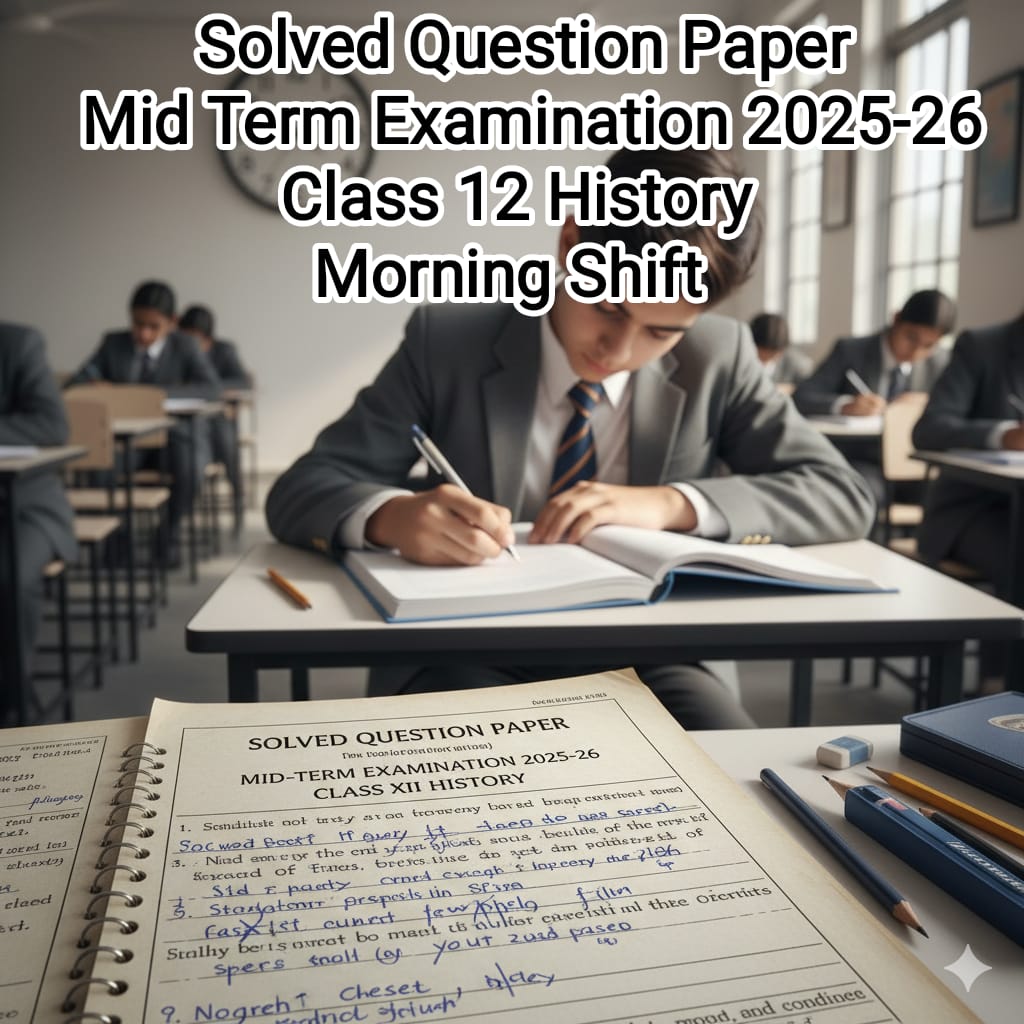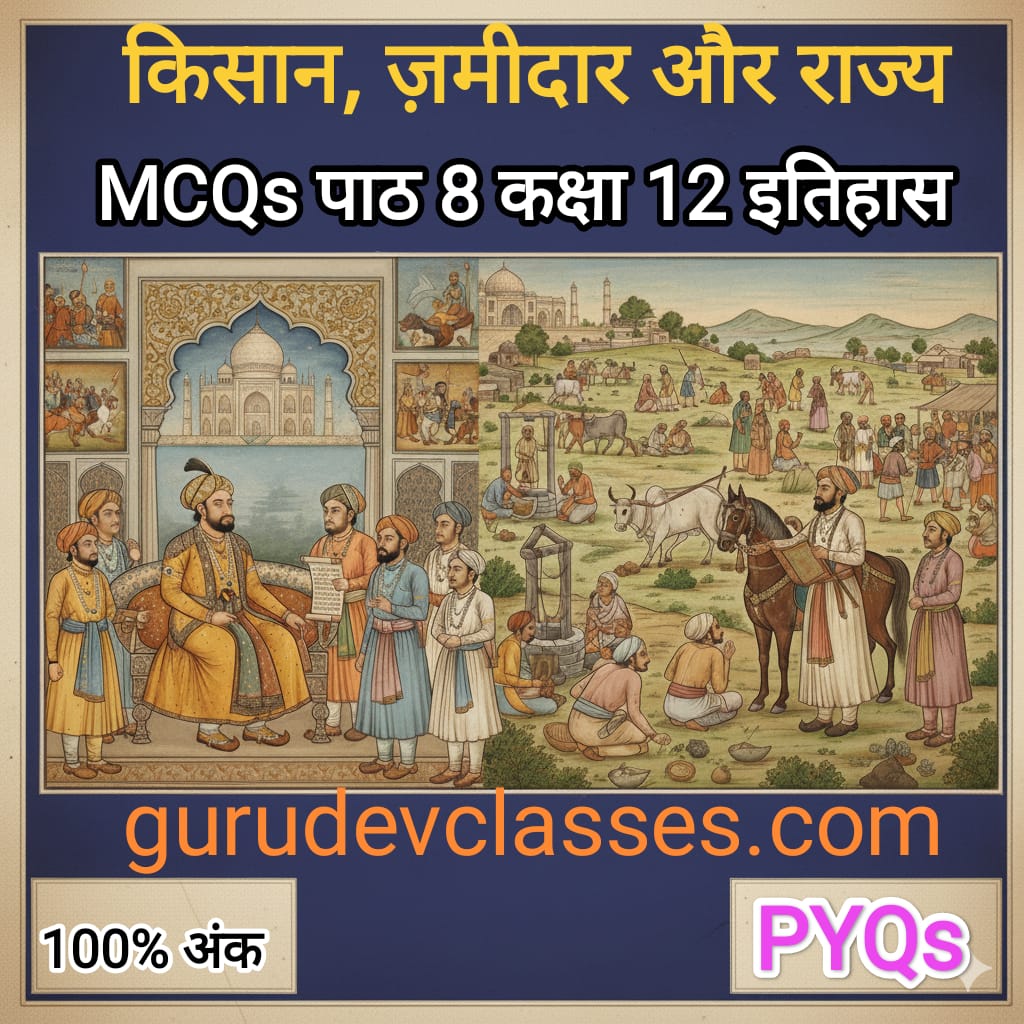Q1. Which part of the Indian Constitution contains the Fundamental Rights?
Answer: Part III
Q2. How many Fundamental Rights are guaranteed by the Indian Constitution at present?
Answer: Six
Q3. Which Article abolishes untouchability?
Answer: Article 17
Q4. The Right to Equality is covered under which Articles?
Answer: Articles 14 to 18
Q5. Which Fundamental Right prohibits discrimination on grounds of religion, race, caste, sex, or place of birth?
Answer: Right to Equality
Q6. Which Fundamental Right allows freedom of speech and expression?
Answer: Article 19(1)(a)
Q7. The Right to Constitutional Remedies is provided under which Article?
Answer: Article 32
Q8. Who called Article 32 the ‘heart and soul’ of the Constitution?
Answer: Dr. B.R. Ambedkar
Q9. Which Fundamental Right prohibits human trafficking and forced labour?
Answer: Right against Exploitation
Q, 10..Which Article guarantees protection of life and personal liberty?
Answer: Article 21
Q11. Right to Education is provided under which Article as a Fundamental Right?
Answer: Article 21A
Q, 12. Which Fundamental Right protects the interests of minorities in preserving their culture?
Answer: Cultural and Educational Rights
Q13. Which Articles guarantee the right of minorities to establish and administer educational institutions?
Answer: Article 30
Q14. Under which Article can the Supreme Court issue writs for enforcement of Fundamental Rights?
Answer: Article 32
Q15. Which writ means ‘to have the body of’?
Answer: Habeas Corpus
Q, 16. Which writ is issued to prevent a lower court from exceeding its jurisdiction?
Answer: Prohibition
Q17. Which writ is issued to compel a public authority to perform its duty?
Answer: Mandamus
Q18. Which writ is issued to quash the order of a lower court or tribunal?
Answer: Certiorari
Q19. Which writ is issued to restrain a person from holding a public office without legal authority?
Answer: Quo Warranto
Q20. The Right to Freedom covers which Articles?
Answer: Articles 19 to 22
Q21. Which Article guarantees freedom of movement throughout the territory of India?
Answer: Article 19(1)(d)
Q22. Freedom to reside and settle in any part of India is guaranteed under which Article?
Answer: Article 19(1)(e)
Q 23.The Right to form associations or unions is given under which Article?
Answer: Article 19(1)(c)
Q24. Protection against double jeopardy is provided under which Article?
Answer: Article 20(2)
Q25. Protection against self-incrimination is given under which Article?
Answer: Article 20(3)
Q 26. The term ‘Begar’ in the Constitution refers to what?
Answer: Forced labour without payment
Q,27. Which Fundamental Right was removed from the Constitution in 1978?
Answer: Right to Property
Q28. Right to Property is now a legal right under which Article?
Answer: Article 300A
Q29. Which Article allows preventive detention for a maximum of three months without advisory board approval?
Answer: Article 22(4)
Q30. During National Emergency, which Fundamental Rights remain enforceable?
Answer: Articles 20 and 21
Q31. The Right to Information is linked to which Fundamental Right?
Answer: Right to Freedom of Speech and Expression
Q32. In which year was the Right to Education added as a Fundamental Right?
Answer: 2002
Q33. Which amendment made education a Fundamental Right?
Answer: 86th Constitutional Amendment
Q34. Which Article prohibits titles except military and academic distinctions?
Answer: Article 18
Q35. The Fundamental Rights are justiciable, meaning what?
Answer: They can be enforced by courts
Q36. Directive Principles of State Policy are contained in which part of the Constitution?
Answer: Part IV
Q37. Which Fundamental Right is available only to citizens and not to foreigners?
Answer: Right to Freedom of Speech and Expression
Q38. Which Article provides the right to protect one’s language, script, or culture?
Answer: Article 29
Q39. Right to Constitutional Remedies empowers citizens to move which courts?
Answer: Supreme Court and High Courts
Q40. The Supreme Court can enforce Fundamental Rights under which Article?
Answer: Article 32
Q41. High Courts can enforce Fundamental Rights under which Article?
Answer: Article 226
Q42. Who can suspend the enforcement of Fundamental Rights during Emergency?
Answer: President of India
Q43. Which Fundamental Right ensures that no child below 14 years is employed in hazardous work?
Answer: Right against Exploitation
Q44. Right to vote in India is what type of right?
Answer: Legal right
Q 45. Who has the power to amend Fundamental Rights?
Answer: Parliament
Q46. The Kesavananda Bharati case is related to which doctrine?
Answer: Basic Structure Doctrine
Q47. Which Fundamental Right was upheld in the Puttaswamy judgment (2017)?
Answer: Right to Privacy
Q48. Under which Article can the Parliament restrict Fundamental Rights for armed forces?
Answer: Article 33
Q49. Article 34 allows Parliament to indemnify persons for acts done during which situation?
Answer: Martial Law
Q50. Which Fundamental Right is described as the ‘most important’ by the Supreme Court?
Answer: Right to Life and Personal Liberty (Article 21)
